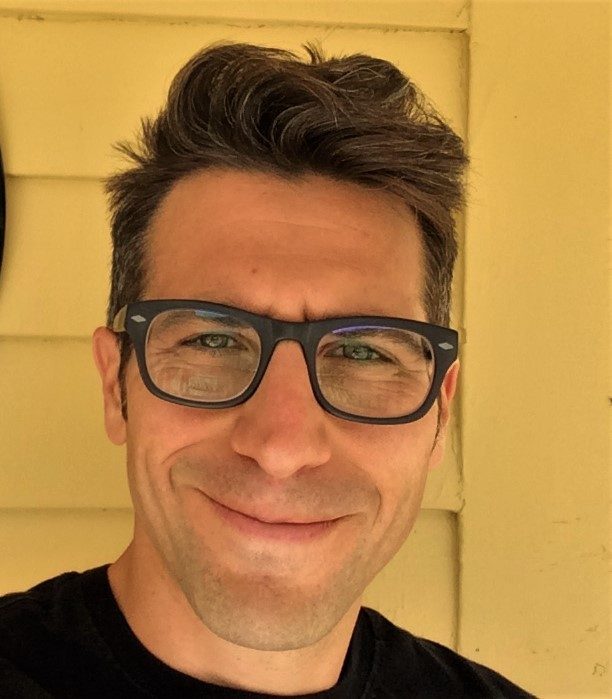An excerpt from “In Everything A Little Remains” by Dilruba Ahmed (poetry, ’09) published in the Kenyon Review:
In Everything A Little Remains
In everything a little remains.
In our factory-farmed eggs, a little pasture
remains, one wide enough to cool
the pain of the fire-hot blade
slicing each hen’s beak after birth.
A freedom of the heart, if you will,
an imagined green—with waterfalls, and lilies—
to spare us the constraint of wire walls
that restrict a wingspan’s width, providing
no space to move without stepping
on another hen. Why think of each hen
stepping upon the next, when we can envision
the prairie—as the label depicts—
where the birds roam at will and do not die
cramped in piles of ten, unable to budge
from their trembling cage mates who
have not, and will not, spend one day outside?
In everything a little remains. In our “100% Whole
Grain” shredded wheat, a little pesticide remains,
just a little bit. A 100% weed killer, if you will.










